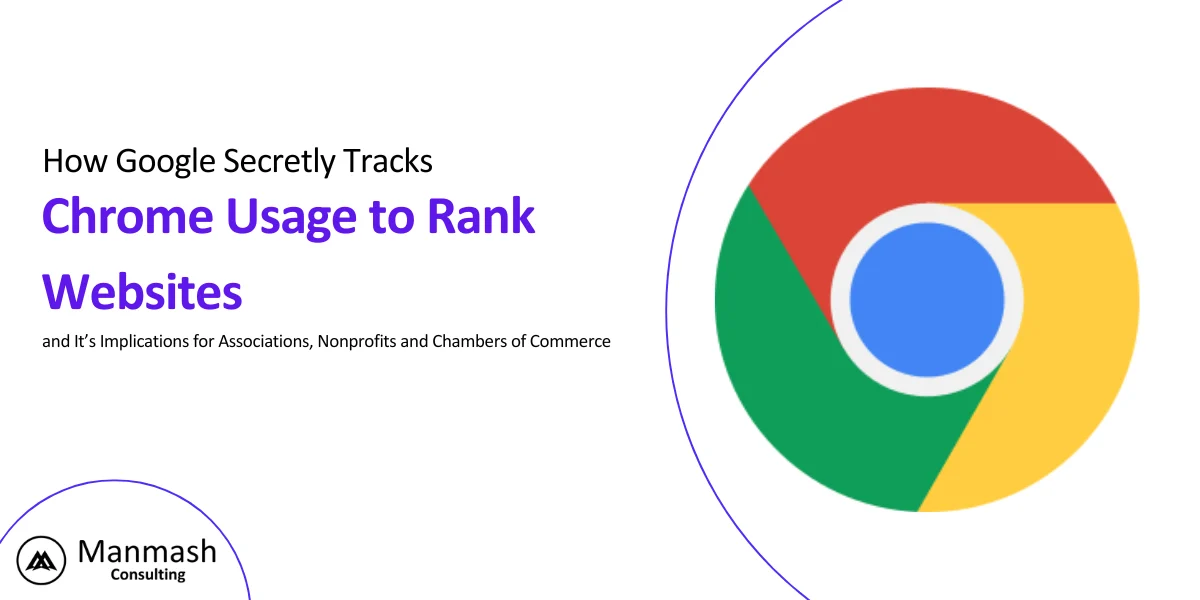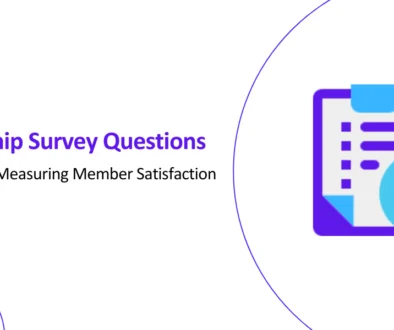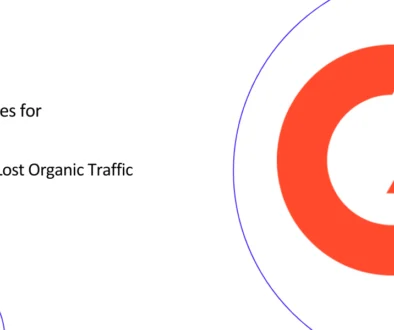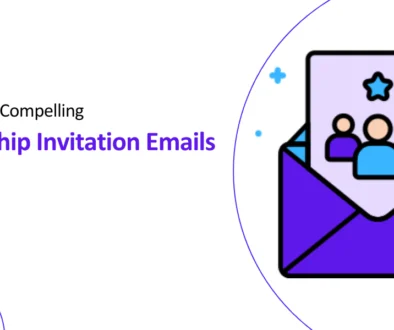How Google Secretly Tracks Chrome Usage to Rank Websites and It’s Implications for Associations, Nonprofits and Chambers of Commerce
Have you ever wondered how Google seems to know exactly what you’re looking for, even before you type a single letter? The answer might lie deeper than you think. For years, Google has been accused of using user data to tailor search results. While the company has always denied these claims, recent evidence suggests that Google might be using more data than we initially thought.
The Leaked Evidence
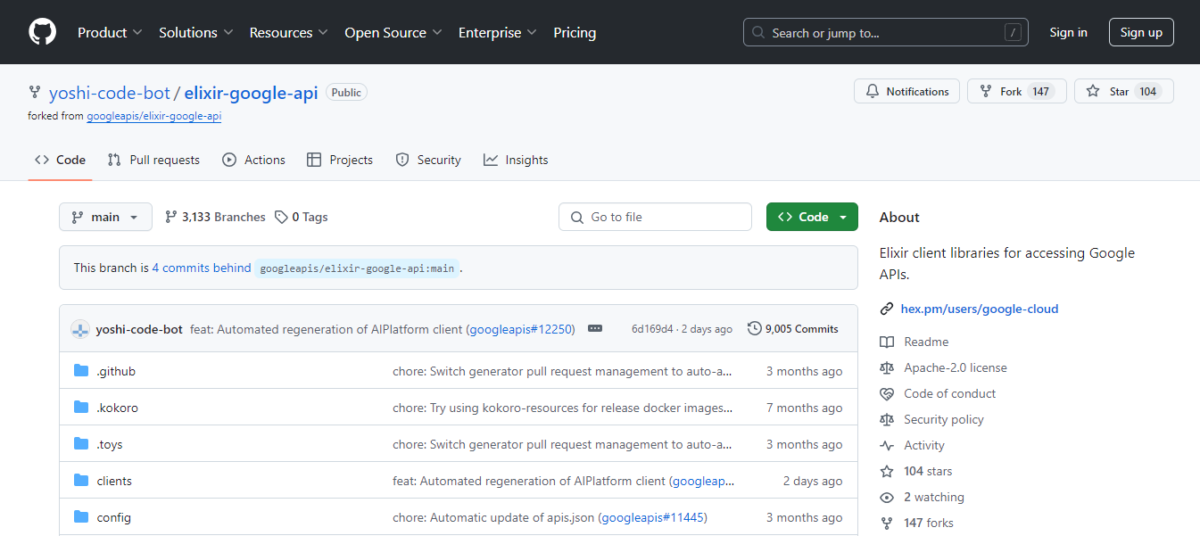
A recent Google API leak exposed internal Google documents that revealed the company was using a three-part model to rank search results. One of those parts involved analyzing user behavior, including clicks and engagement. This contradicts Google’s long-standing claims that they don’t use click data from search results as a ranking factor.
Chrome’s Hidden Histograms

To understand how Google might be collecting this data, we need to look no further than our own Chrome browsers. If you’ve ever typed “chrome://histograms” into the address bar, you’ve stumbled upon a goldmine of information.

These histograms track a wide range of user interactions, including:
- Clicks: Where you clicked, how far from previous clicks, and whether it was in landscape or portrait mode.
- Page load times: How quickly pages loaded and how far you scrolled.
- Form data: Whether you filled out forms with auto-filled or stored credit card information.
- Navigation timing: How long it took to navigate from search results to the clicked page.
Does it happen in Incognito mode too?
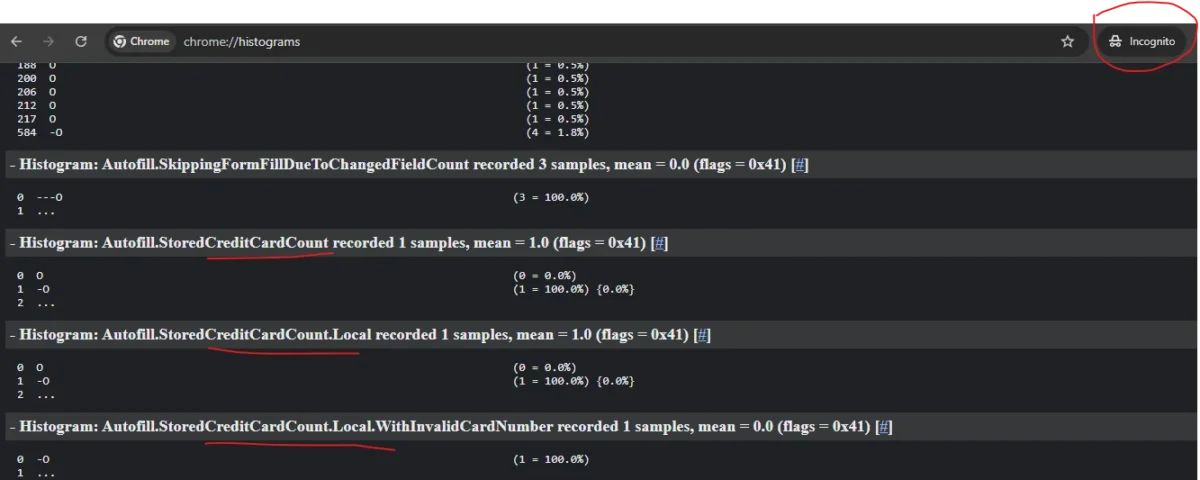
This tracking isn’t just happening when you’re logged into your Google account. It’s also happening in incognito mode, suggesting that Google is collecting data even when you’re trying to be private.
The Implications
So, what does all of this mean? It suggests that Google might be using more data than we previously thought to personalize search results. By analyzing our clicks, page loads, and other interactions, Google can get a better understanding of our interests and preferences. This allows them to serve us more relevant ads and search results.
While this might seem invasive, it’s important to remember that Google is a business. They need to make money, and personalized advertising is one of their primary revenue streams. However, it’s also essential for users to be aware of how their data is being used and to have control over their privacy settings.
By understanding how Google uses Chrome data, we can make more informed decisions about our online behavior and take steps to protect our privacy.
Implications for Nonprofits, Associations, and Chambers of Commerce
The widespread tracking of user data by Google has significant implications for nonprofits, associations, and chambers of commerce. These organizations often rely heavily on online presence and search engine optimization (SEO) to reach their target audiences. Understanding how Google’s tracking algorithms work can help these organizations optimize their websites and digital marketing strategies.
One major implication is the increased importance of user experience. Google’s algorithms prioritize websites that offer a positive user experience, including factors like page load speed, mobile-friendliness, and easy navigation. Nonprofits, associations, and chambers of commerce must ensure that their websites are user-friendly and optimized for mobile devices.
Another implication is the need for more targeted digital marketing campaigns. By analyzing user data, Google can identify specific interests and demographics. Nonprofits, associations, and chambers of commerce can leverage this information to create highly targeted ads and content that resonates with their target audience. This can lead to increased engagement and conversions.
Finally, the tracking of user data raises concerns about privacy and data security. Nonprofits, associations, and chambers of commerce must be mindful of these concerns and take steps to protect their users’ privacy. This includes implementing robust data security measures and obtaining informed consent from users.
Last but not the least…
Google’s data collection and ranking process is complex and involves multiple stages. Initially, data is gathered over a year to provide a comprehensive view of the web. This data is then processed through “Glue,” which considers various factors beyond user interaction, such as site quality and other ranking signals. However, real-time Chrome data is not directly used for ranking. Instead, “navboost” filters documents before any ranking signals are applied, potentially allowing websites to rank without links. This suggests that Google’s neural matching algorithm, which ultimately determines the final sort order, plays a significant role in determining which websites appear at the top of search results.
How Manmash Consulting Can Help?
Manmash Consulting is a leading SEO consulting firm specializing in helping associations, chambers of commerce, and nonprofits achieve top search engine rankings. Our team of experienced SEO experts possesses a deep understanding of technical SEO, ensuring that your website is optimized for search engines and delivers exceptional user experiences.
Beyond SEO, Manmash Consulting also offers comprehensive CiviCRM consulting services. CiviCRM is a powerful open-source CRM platform designed specifically for membership organizations. Our experts can help you leverage CiviCRM to manage your membership database, streamline communication, and enhance engagement with your members. By working with Manmash Consulting, you can unlock the full potential of digital transformation and drive your organization’s growth.
Ready to take your organization to the next level? Schedule a meeting with Manzar Mashhood, the founder and CEO of Manmash Consulting, to discuss your specific needs and learn how we can help you achieve your goals.

